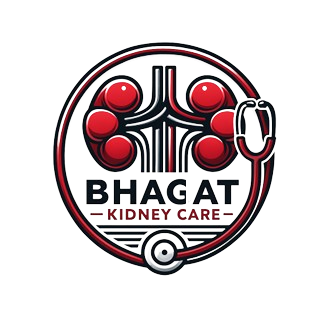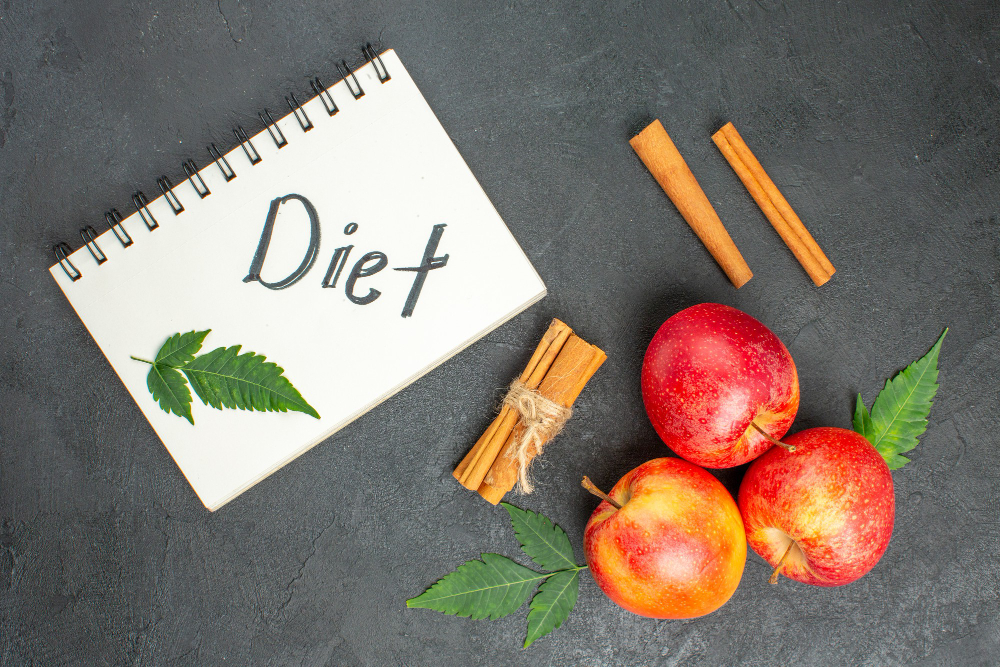What is Acute Kidney Disease?
Acute Kidney Disease, also called acute kidney injury, happens when your kidneys stop working well in a short time. Usually, this can occur within a few hours or days. Because kidneys remove waste and extra water from your blood, their sudden failure can be dangerous. According to the CDC, acute kidney disease can lead to serious health problems if not treated quickly. Early prevention is important to keep your kidneys healthy and avoid sudden damage.
Why Diet Matters in Preventing Acute Kidney Disease
Diet plays a big role in kidney health. In fact, what you eat can help prevent acute kidney disease. Eating the right foods supports your kidneys and lowers your risk. On the other hand, unhealthy foods can make your kidneys work harder. Over time, this can lead to damage. Many experts, including the National Kidney Foundation, recommend a kidney-friendly diet to protect your kidneys. So, making smart diet changes is a simple way to help avoid acute kidney disease.
10 Diet Changes to Prevent Acute Kidney Disease
1. Drink Enough Water Every Day
Staying hydrated helps your kidneys flush out toxins. However, drinking too little water can strain your kidneys. Try to drink 6–8 glasses of water daily unless your doctor says otherwise. If you sweat a lot or live in a hot place, you may need more. Avoid sugary drinks and sodas, as they can harm your kidneys.
2. Limit Salt Intake
Too much salt can raise your blood pressure. High blood pressure is a leading cause of acute kidney disease. To help your kidneys, use less salt when cooking. Instead, try herbs and spices for flavor. Avoid processed foods, canned soups, and salty snacks. Always check food labels for sodium content.
3. Choose Fresh Fruits and Vegetables
Fresh fruits and vegetables are packed with vitamins and fiber. They help your kidneys by reducing the load of waste they must filter. Include apples, berries, carrots, and leafy greens in your meals. However, if you have kidney problems, ask your doctor about which fruits and vegetables are best for you.
4. Eat Lean Proteins in Moderation
Protein is important, but too much can stress your kidneys. Choose lean proteins like chicken, fish, eggs, or beans. Limit red meat and processed meats, such as bacon or sausages. Try to eat smaller portions of protein at each meal.
5. Cut Back on Processed Foods
Processed foods often contain high amounts of salt, sugar, and unhealthy fats. These can harm your kidneys over time. Instead, cook meals at home using fresh ingredients. For snacks, pick fruits, nuts, or yogurt instead of chips or cookies.
6. Avoid Excess Sugar
Eating too much sugar can lead to diabetes, which is a risk factor for acute kidney disease. Choose water or unsweetened drinks instead of sodas. Limit candies, cakes, and other sugary treats. Read labels to spot hidden sugars in packaged foods.
7. Watch Your Potassium Intake
Some people need to limit potassium to protect their kidneys. Foods high in potassium include bananas, oranges, potatoes, and tomatoes. If your doctor says you need to watch potassium, ask for a list of safe foods. Otherwise, enjoy a variety of fruits and vegetables.
8. Limit Alcohol Consumption
Drinking too much alcohol can harm your kidneys. It can also raise your blood pressure. If you drink, do so in moderation. For most adults, this means no more than one drink per day for women and two for men.
9. Choose Whole Grains
Whole grains like brown rice, oats, and whole wheat bread are good for your kidneys. They provide fiber and help control blood sugar. Refined grains, such as white bread and white rice, can cause blood sugar spikes. Try to swap refined grains for whole grains in your meals.
10. Maintain a Healthy Weight
Being overweight can increase your risk of acute kidney disease. Eating balanced meals and staying active helps you keep a healthy weight. Choose smaller portions and avoid high-calorie foods. If you need help, talk to a dietitian for support.
Additional Lifestyle Tips for Kidney Health
When to Consult a Nephrologist
Sometimes, you may need expert advice. See a nephrologist if you notice symptoms like swelling, less urine, or blood in your urine. Also, if you have high blood pressure, diabetes, or a family history of kidney disease, regular check-ups are important. Early care can prevent serious problems.
For personalized advice on preventing Acute Kidney Disease, consult a nephrologist or registered dietitian. They can help you create a kidney-friendly diet plan that fits your needs.

